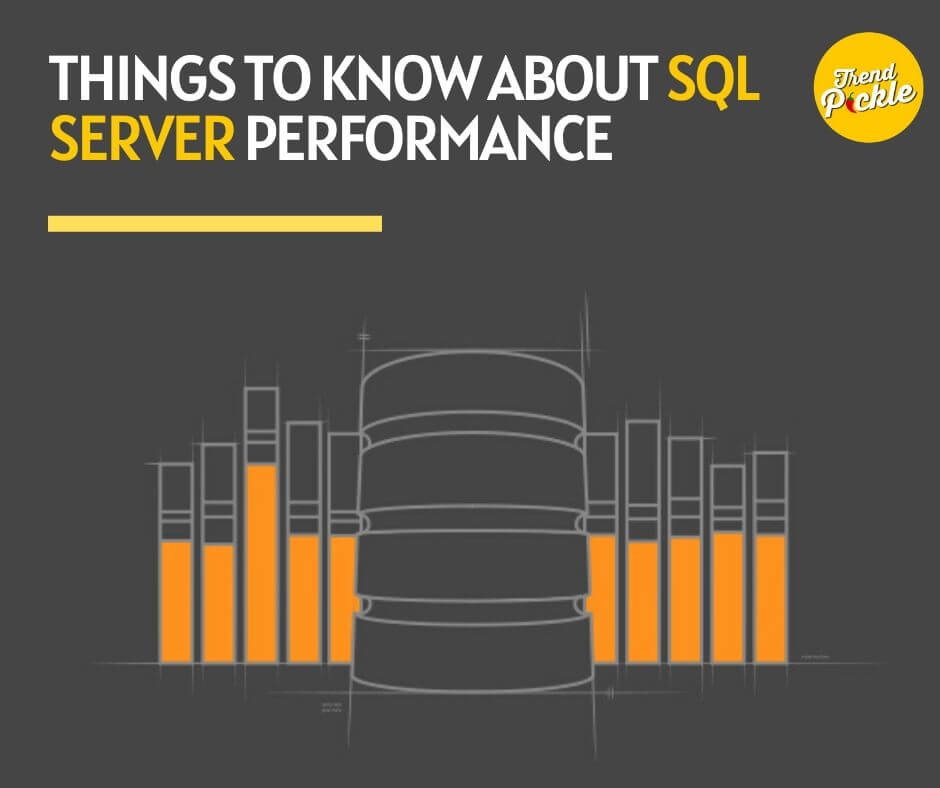There are a lot of factors which impact SQL server performance, and being familiar with the ins and outs of optimization can make a big difference in the long run.
To help you understand what makes your database tick, here are just a few key talking points to take on board before you start attempting to make improvements.

Managing process interactions is important
Every single request which is made of an SQL server needs to be dealt with using the finite resources it has available. This is where SQL server blocking and locking come into play, and while they sound like they might be cause for concern, in reality, they are actually necessary to the smooth operation of the database. Essentially locks can be used to give certain processes priority over others, leaving them blocked until the resources are freed up. If a deadlock occurs, this is when you need to intervene, as performance may take a hit and terminated processes might produce errors.
Indexing needs a careful balance
It is often said that indexing is a powerful tool for anyone who wants to improve the performance of their SQL server since this can cut down on the amount of time that it takes for queries to retrieve data and thus grease the cogs of everyday operations.
This is definitely true, but it is also crucial to avoid overdoing it with indexes because too many can cause a performance penalty. Focus on making sure that frequently used queries are able to leverage indexes but do not go too far.
It is also necessary to defragment indexes regularly, while also making sure that doing so does not coincide with a peak period of server use.
Hardware has a shelf life
If you are directly responsible for the hardware on which your SQL server runs, then you need to make sure that the kit you are using is not just fit for purpose today, but will be suited to your needs going forwards. Plotting out a potential upgrade path for aspects like the CPU, memory and disk-based storage is sensible, and your plans should also include the eventual wholesale replacement of a specific server hardware assembly.
Part of this process should also involve looking at how your storage needs are likely to evolve over time, strictly from a capacity point of view. If you want to make sure that performance remains consistent and availability is unhindered, then monitoring how much space you have available on your server and predicting when this will shrink beyond reasonable levels will put you in the best possible position.
Troubleshooting needs to be holistic
Dealing with an SQL server performance problem can cause you to focus in on one apparent part of the issue, to the exclusion of outside factors which may also be at play.
For example, you might get caught up in the concept that your queries are poorly optimized or your storage is starting to show its age when in reality performance is not what it should be because of a network issue that has yet to be diagnosed.
Modern SQL server monitoring solutions should give you all the tools you need to consider every angle; it is just a case of remembering to use them effectively.

Ignorance is not bliss
If you ignore SQL server performance quirks when they arise or do not look for them in the first place, then things will only get worse over time.
Instead, it is better to act quickly and stick to a frequent schedule of maintenance to steer clear of more serious issues further down the line.
To help you understand what makes your database tick, here are just a few key talking points to take on board before you start attempting to make improvements.

